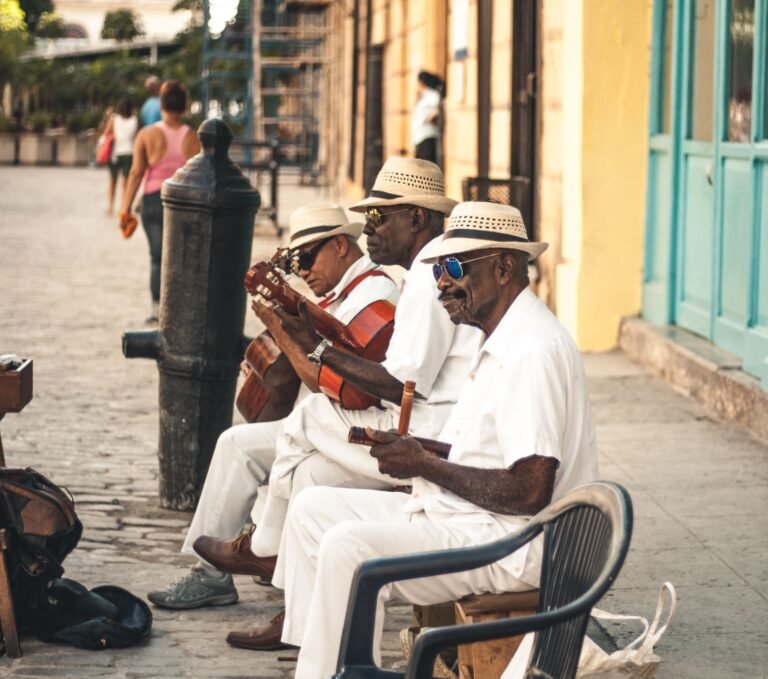Understanding Responsible Travel
Responsible travel is all about making conscious choices that have a positive impact on the destination and its people. When traveling to Cuba, it’s important to understand the principles of responsible travel and how they can be applied during your trip. This means being aware of the social, economic, and environmental aspects of your travel decisions.
By choosing responsible travel, you can contribute to the sustainable development of Cuba and help preserve its natural and cultural heritage for future generations. This includes supporting local businesses, minimizing your environmental footprint, and respecting the local customs and traditions.
Researching and Planning Your Trip
Before embarking on your journey to Cuba, it’s essential to do thorough research and plan your trip responsibly. This includes learning about the local customs, traditions, and laws, as well as understanding the current socio-economic situation in the country. By educating yourself about the destination, you can make informed decisions that align with responsible travel practices.
Additionally, consider choosing accommodations, tour operators, and restaurants that prioritize sustainability. Look for certifications or affiliations with organizations that promote responsible travel, such as the Global Sustainable Tourism Council (GSTC) or the Rainforest Alliance. These establishments are more likely to follow environmentally-friendly practices and support the local communities.

Supporting Local Communities
One of the key aspects of responsible travel is supporting the local communities in Cuba. By engaging with local businesses, artisans, and entrepreneurs, you can contribute to the economic growth of the region and empower the local population. This can be done by staying in casas particulares, eating at family-run restaurants, and purchasing souvenirs directly from local artisans.
By staying at a casa particular, you will not only immerse yourself in the authentic Cuban way of life but also gain valuable insights into the local scene. Take advantage of this unique accommodation experience by engaging with your hosts and asking them about their favorite restaurants and local artists. Locals often hold the key to hidden gems, from delicious eateries serving traditional cuisine to vibrant art spaces showcasing the talent of the community. This personal connection not only enhances your travel experience but also contributes to a more sustainable and responsible journey in Cuba.
Respecting the Environment
Cuba is home to diverse and fragile ecosystems, including pristine beaches, lush forests, and vibrant coral reefs. To travel responsibly in Cuba, it’s crucial to minimize your environmental impact and preserve these natural wonders. This can be achieved by practicing sustainable tourism activities, such as snorkeling responsibly and avoiding littering.
Additionally, support conservation efforts by visiting national parks and protected areas, where your entrance fees go towards the preservation and maintenance of these natural habitats. Remember to follow the guidelines provided by park authorities to ensure you leave no trace and respect the fragile ecosystems.
Cultural Etiquette and Sensitivity
When traveling to Cuba, it’s important to be respectful of the local culture and traditions. Familiarize yourself with the basic etiquette and customs to avoid inadvertently causing offense.
Firstly, greetings play a vital role, with Cubans embracing warmth and friendliness. A handshake or a kiss on the cheek is customary, and addressing individuals with proper titles, particularly elders, is a sign of respect. Learning basic Spanish phrases can enhance communication and showcase an appreciation for the local language.
Respecting personal space is another crucial aspect. Cubans may stand closer during conversations, and acknowledging this cultural norm by not stepping back is considered friendly and open. When invited to someone’s home, presenting small gifts, such as tokens from your home country, is a thoughtful gesture. Additionally, understanding and respecting local customs and traditions, especially during religious events, contribute to harmonious cultural exchanges.
Photography etiquette involves obtaining permission before taking someone’s photo, as some individuals may be sensitive about being photographed. Tipping for services, embracing the relaxed pace of life, and practicing environmental sensitivity, given Cuba’s efforts towards sustainability, are essential aspects of responsible travel.
Lastly, it’s advisable to approach political discussions with an open mind, as Cubans may hold diverse opinions. By incorporating these considerations into your journey, you contribute to a respectful and enriching experience in this vibrant and culturally rich destination.

